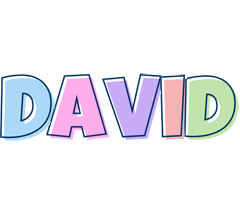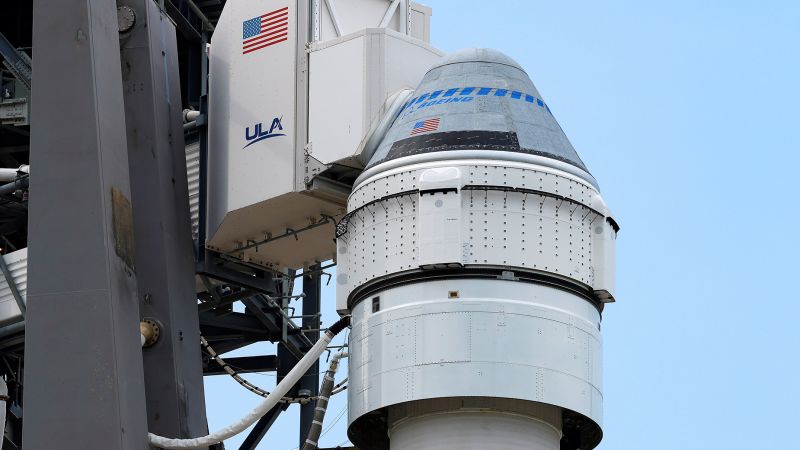European leaders are meeting on Thursday in Brussels in the hope of ending a standoff over financial aid for Ukraine.
Hungary’s Prime Minister Viktor Orban vetoed a €50bn ($55bn; £43bn) aid package for Kyiv last December.
Many pinned his decision on the EU’s withholding of €20bn of funds for Hungary because of concerns about human rights and corruption in the country.
Rumours have swirled recently over potential punitive action by the EU.
Leaders are growing impatient with Hungary’s stance, which is preventing funding from reaching Ukraine as the second anniversary of Russia’s invasion approaches.
At the last EU summit in December, Mr Orban begrudgingly allowed Ukraine to receive EU candidate country status.
However, there has never been any mystery over his stance on Ukraine. Mr Orban, Russian President Vladimir Putin’s closest ally in the EU, has been careful in condemning Russia’s invasion of Ukraine, and has repeatedly opposed EU sanctions on Russian oil and gas.
Polish Prime Minister Donald Tusk said on Tuesday that “one way or another” the EU would find a solution to support Ukraine, “with or without Orban”.
The Financial Times reported earlier this week that Brussels officials could “hit Hungary’s economy” if Mr Orban decides to block the support package for Ukraine again.
Responding to that article, Mr Orban’s political director Balazs Orban wrote on X, formerly Twitter, that Brussels was using “blackmail against Hungary”.
Days after the previous summit, Mr Orban suggested that EU countries could finance Ukraine with money from outside the EU budget. He has since said he would be open to using the budget and to lifting the veto on the financial package – provided a yearly vote is held before the next tranche of aid is released.
EU leaders, however, are unlikely to agree to this proposal, which would leave them exposed to an annual veto threat from Hungary.
The summit is also taking place against the backdrop of weeks-long farmers’ protests which have affected most major European countries.
Farmers are protesting against measures implemented by the EU aimed at making the agricultural sector more sustainable, and the bloc’s decision to lift quotas on Ukrainian grain exports.
Many European leaders have been spooked by the size and duration of the farmers’ protests, with dozens of tractors arriving in central Brussels for more demonstrations before the summit.
On Wednesday, the European Commission appeared to address some of the farmers’ concerns.
It proposed an exemption to an unpopular fallow-land requirement, and said the EU would introduce a “safeguard mechanism” that would allow it to reimpose emergency tariffs on Ukraine if an excess of imports threatened to destabilise the market.
But the EU’s farmers’ association Copa-Cogeca has already said the safeguard mechanism would “not provide sufficient relief for producers”.

David Turner is a globe-trotting journalist who brings a global perspective to our readers. With a commitment to shedding light on international events, he explores complex geopolitical issues, offering a nuanced view of the world’s most pressing challenges.







